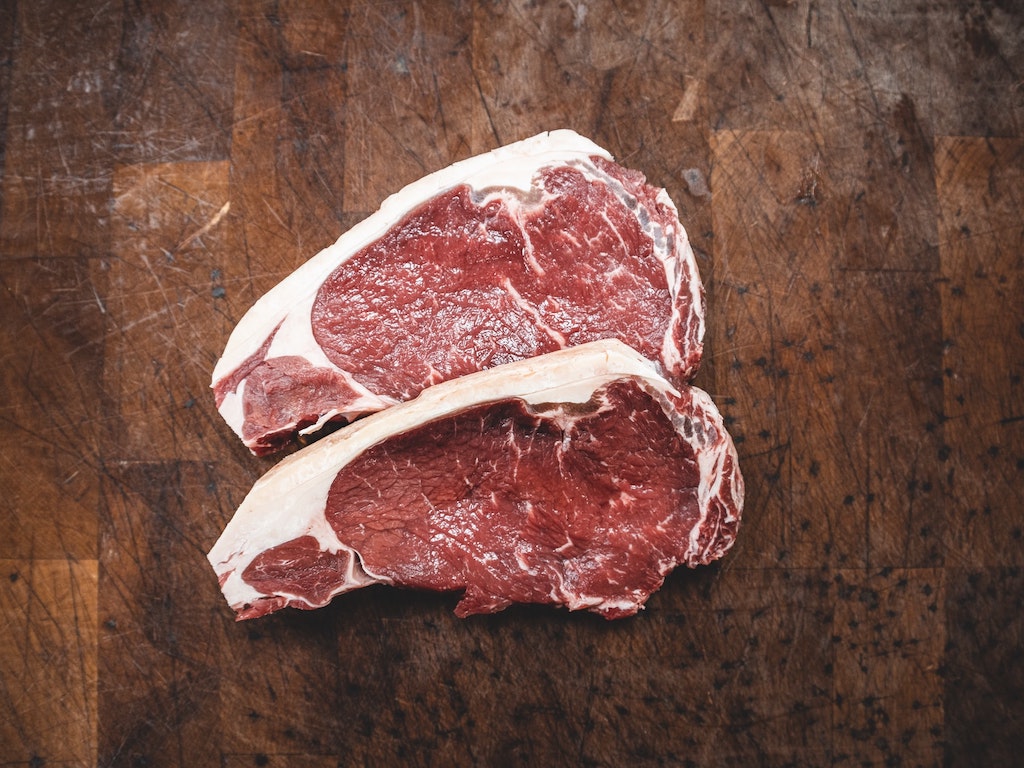3 Mins Read
In a plenary session between the Chinese People’s Political Consultative Conference (CPPCC) and the National People’s Congress (NPC), cell-based meat development was discussed as a major solution to make China’s food supply more sustainable and crisis-resilient. It comes as the country faces meat shortages and surging prices as livestock diseases continue to haunt the region on top of the external supply shocks brought on by the coronavirus pandemic.
During the meeting, CPPCC’s National Committee member Sun Baoguo, suggested that China should begin preparing cell-based meat development, according to FoodNavigator. Sun is also the president of Beijing Technology and Business University.
“Cell-based meat is being viewed as the most likely solution to meat supply via clean and sustainable means,” said Sun, who added that other countries such as Japan, Israel, the United States and the European Union had already made inroads into the sector.

“Cell-based meat analysis and technological advancements are a key way to guaranteeing China’s future meat supply, and gaining a leading position when it comes to this production technology will also have important strategic importance for the country.”
In terms of policies to push forward the cultivated agenda, China should focus on providing investments to startups to further research and development, as well as a regulatory framework, which a recent Asia Alternative Protein Industry Report suggested would be one of the crucial milestones to project commercialisation of cultivated meat in the continent.
“An independent standards system should be set up to analyse the product safety and nutritional aspects of cell-based meat, along with an objective monitoring system, so as to accelerate positive local growth of this sector,” said Sun.
While Chinese consumers have become more familiar with plant-based meat alternatives in recent years, some studies show that the demand in cultivated proteins also exists and is growing. In a Frontiers study last year, researchers found that interest in plant-based and cell-based meat in Chinese and Indian consumers were far higher than that observed in the United States.
However, despite public acceptance of cell-based alternatives, there have yet to be any homegrown startups working on cultivated protein solutions in the country. Other countries in Asia have demonstrated greater progress into this sector, such as Hong Kong’s Avant Meats, a food tech harvesting lab-grown fish maw, and Singaporean cultivated shrimp startup Shiok Meats.

For China, expanding into new food technologies to bolster its food supply resilience has never been more important. The coronavirus pandemic has put into the spotlight the vulnerability of existing food supply chains and food safety concerns.
Prior to the pandemic, China bore the brunt of the outbreak of African swine fever (ASF), which led to a pork supply shortage and sent prices skyrocketing, but also shifted attention towards the security and potential dangers of livestock farming. It is now facing additional blows to its food security from a resurgence of the Div1 virus that affects shrimp farms, as well as avian flu.
In late April, alternative protein industry expert Olivia Fox Cabane said that the economic downturn induced by the pandemic is presenting the Chinese economy with an opportunity to enter into new market sectors, such as 3D-printed plant-based or cell-based meat, which would benefit the country in the long run.
Not only would this help the country reduce its existing dependence on imports, but would additionally benefit the global environment as it would alleviate the need for resource-intensive traditional animal agriculture that is currently placing an enormous burden on the planet.
Lead image courtesy of Unsplash.




